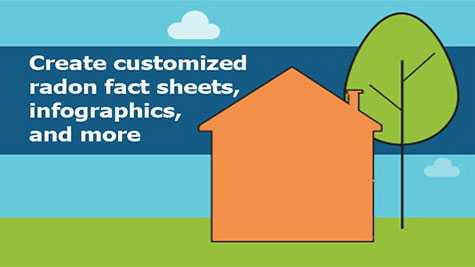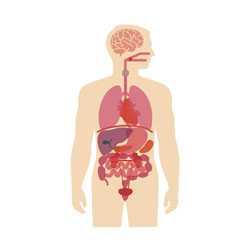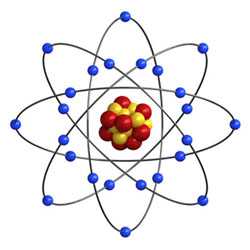Radiation is energy that comes from a source and travels through space at the speed of light. This energy has an electric field and a magnetic field associated with it, and has wave-like properties. You could also call radiation "electromagnetic waves".
This radiation is characterized in two forms—ionizing and non-ionizing radiation.
Ionizing radiation is a form of energy that acts by removing electrons from atoms and molecules of materials that include air, water, and living tissue. Ionizing radiation can travel unseen and pass through these materials.
Non-ionizing radiation is a form of radiation with less energy than ionizing radiation. Unlike ionizing radiation, non-ionizing radiation does not remove electrons from atoms or molecules of materials that include air, water, and living tissue.
Do you have additional questions about radiation? Contact CDC-INFO online.
Call CDC-INFO
Monday-Friday 8:00am-8:00pm EST:
800-CDC-INFO (800-232-4636)
TTY 888-232-6348
In English or Spanish
- Page last reviewed: December 7, 2015
- Page last updated: January 25, 2017
- Content source:


 ShareCompartir
ShareCompartir





